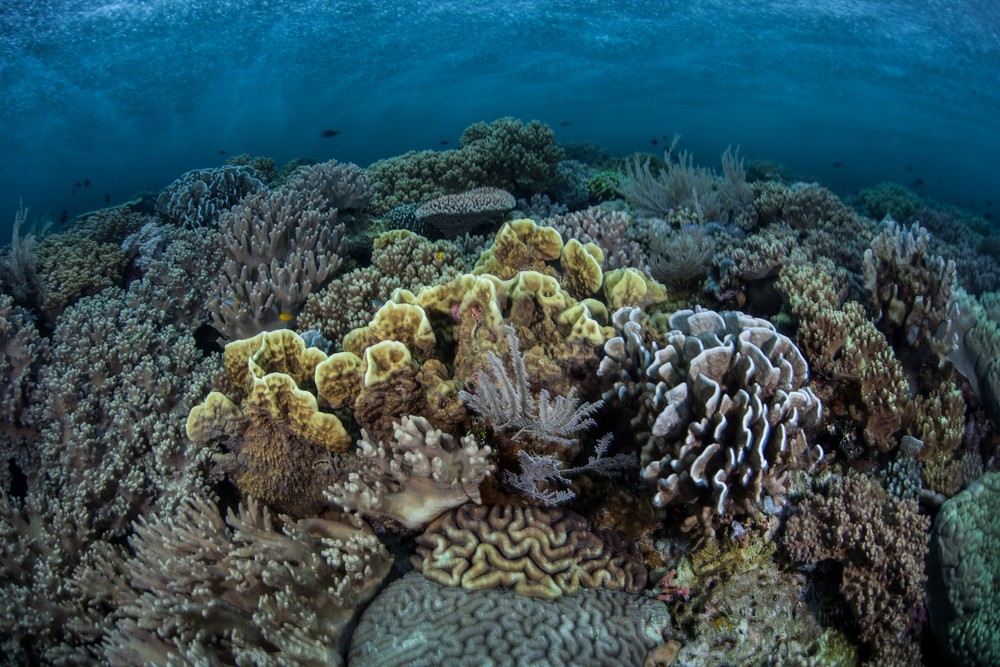Popular Reads
Top Results
Can't find what you're looking for?
View all search resultsPopular Reads
Top Results
Can't find what you're looking for?
View all search resultsMajority of Southeast Sulawesi coral reefs damaged: Study
Change text size
Gift Premium Articles
to Anyone
A
study conducted by WWF Indonesia has found that the majority of coral reefs in waters around Southeast Sulawesi have been damaged. The lack of hard coral cover, high rubble cover and high sedimentation rates are signs that the underwater ecosystem is in a dire state.
Several factors have caused this serious threat against Southeast Sulawesi’s coral reefs. As reported by tempo.co, WWF Indonesia sea conservation coordinator Estradivari said on Sunday that the coral damage had been caused by “the rise of nickel mining activities in the province”.
Aside from that, an outbreak of coral-eating crown-of-thorns starfish posed a threat to the coral ecosystem, with the presence of 30 of the starfish per location according to data obtained from Oct. 14 to 25.
Moreover, Estradivari noted that blast fishing, the practice of using explosives to kill large numbers of fish, was recorded to have struck a single location seven times — enough destruction to threaten the reef’s ecosystem. Another factor that has threatened the underwater ecosystem is the exploitation of coral to become foundational supports for houses in some coastal villages.
(Read also: Things to know about coral reefs and their importance)
Anung Wijaya, conservation and rehabilitation staff member at the Southeast Sulawesi Fisheries and Marine Agency, said his team had conducted biophysical studies to assess the relevance between different regions and optimize the design of a marine conservation network in Southeast Sulawesi.
The study results recommended the establishment of three organizations under a conservation network, namely the Marine National Park (TWAL), Losolo Bay and the Regional Sea Conservation Area (KKPD).
"Southeast Sulawesi, which 75 percent water, is a sea with much potential with its rich biodiversity," said Anung.
He hoped the Maritime Affairs and Fisheries Ministry would soon confirm the plan to immediately deal with coral reef damage. Currently, the province’s KKPD has begun management plan preparation and conservation area zoning. (mra/kes)











